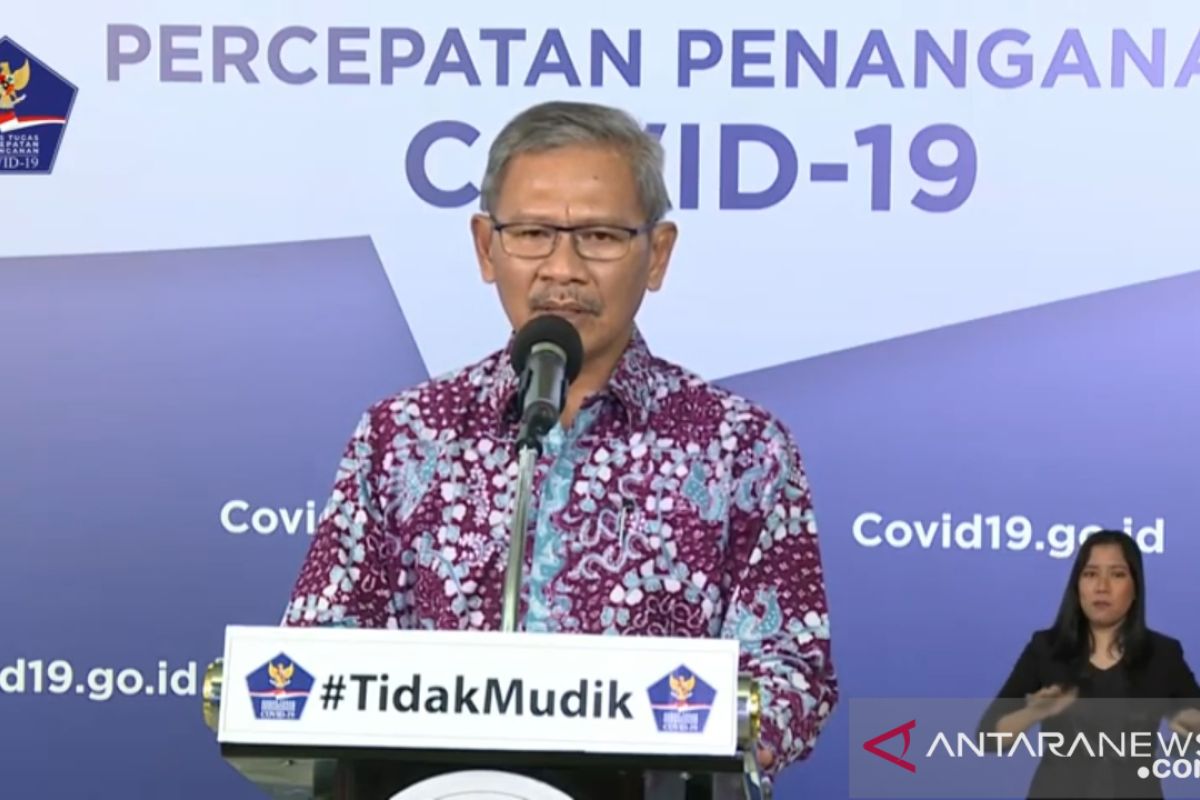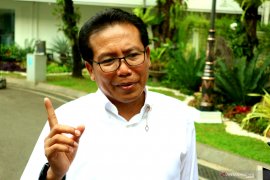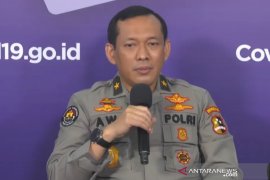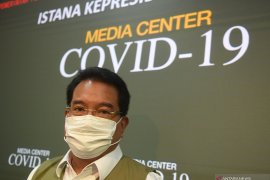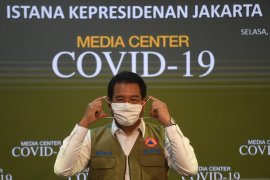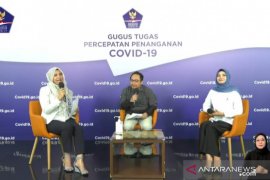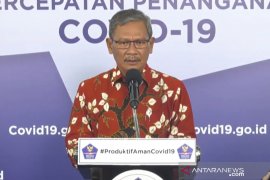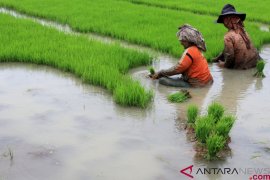"Insya Allah (with God's willing), in June and July, all things will get better than now," Achmad Yurianto told journalists during a virtual press conference from the National Disaster Mitigation Agency (BNPB) office here on Monday .
The spirit of "gotong royong”, or mutual cooperation, strict discipline, and persistence are indispensable in the fight against the new coronavirus outbreak because they will enable Indonesia to emerge out of the pandemic, he noted. As a result, the conditions in the nation will improve, he added.
To this end, communities across the country should remain united and work together to handle the disease, he remarked. "The spread of COVID-19 can be prevented with high discipline and the unbreakable spirit of 'gotong royong'," he said.
The novel coronavirus disease can infect anyone regardless of age, race, and profession, Yurianto pointed out, adding that everyone must remain cautious and disciplined to prevent themselves and others from contracting the disease.
He again called on community members to stay at home and refrain from returning to their hometowns during the Ramadhan and Idul Fitri holiday because homebound travel may expand contagion areas.
"We believe that with the spirit of 'gotong royong' and an integrated fight against the disease from central government to villages, neighborhoods, and families, we will be able to handle this well," Yurianto averred.
He also appealed to community members not to stigmatize and discriminate against COVID-19 patients who have fully recovered from the virus as well as doctors and paramedics on the frontlines of the fight against COVID-19.
In a recent statement, President Joko Widodo also highlighted the significance of fostering the spirit of "gotong royong" because the government cannot work single-handedly in fighting the spread of coronavirus infections.
The coronavirus outbreak initially struck the Chinese city of Wuhan at the end of 2019, and then spread to various parts of the world, including countries in the Asia-Pacific region.
The Indonesian Government officially announced the country's first confirmed cases on March 2, 2020.
Since then, the central and regional governments have made persistent efforts to flatten the coronavirus curve by imposing healthcare protocols and social restrictions.
To break the chain of coronavirus transmission, which has impacted the purchasing power of families across Indonesia, large-scale social restrictions have been enforced in several cities, including Jakarta, Bogor, Depok, Tangerang, and Bekasi.
The central government has also banned homebound travel, locally known as “mudik", during the fasting month of Ramadhan and the Idul Fitri holiday. (INE)
Related news: President elicits mutual help from public to handle COVID-19 crisis
Related news: Local office confirms recovery of 204 COVID-19 patients in Jakarta
EDITED BY INE
Translator: Martha HS, Rahmad Nasution
Editor: Suharto
Copyright © ANTARA 2020
